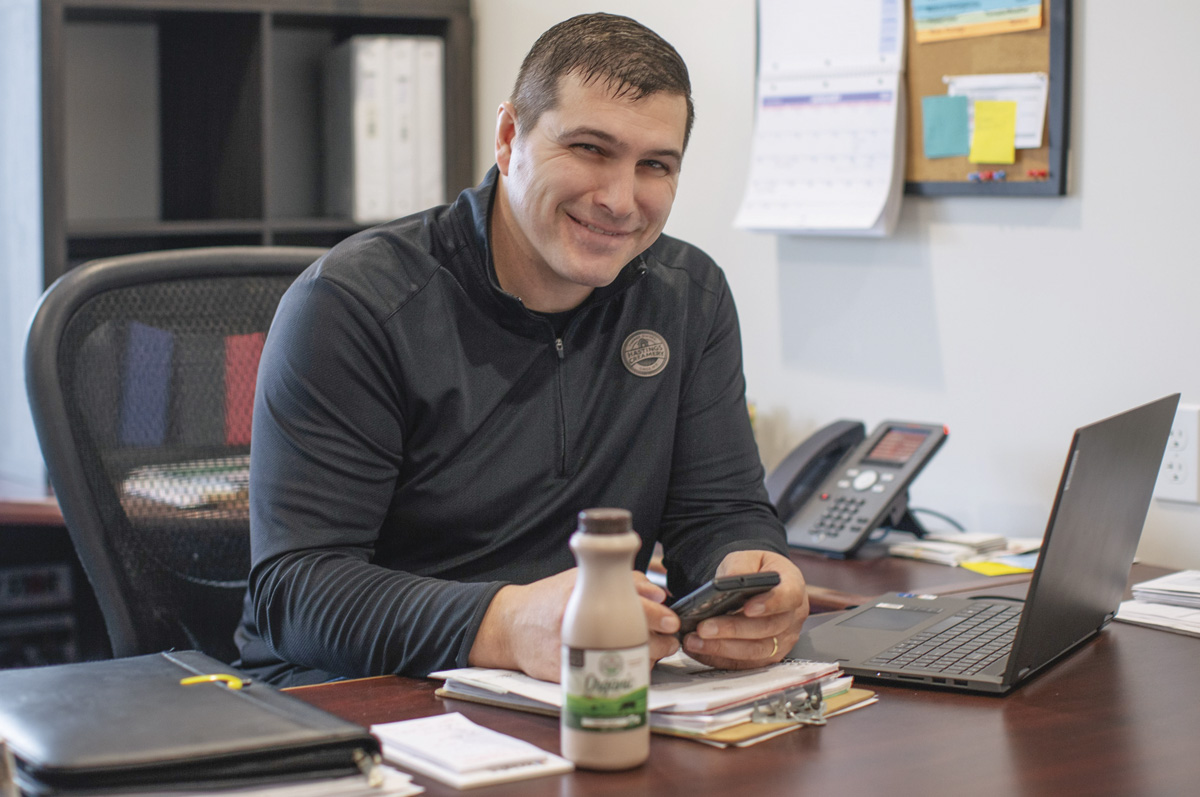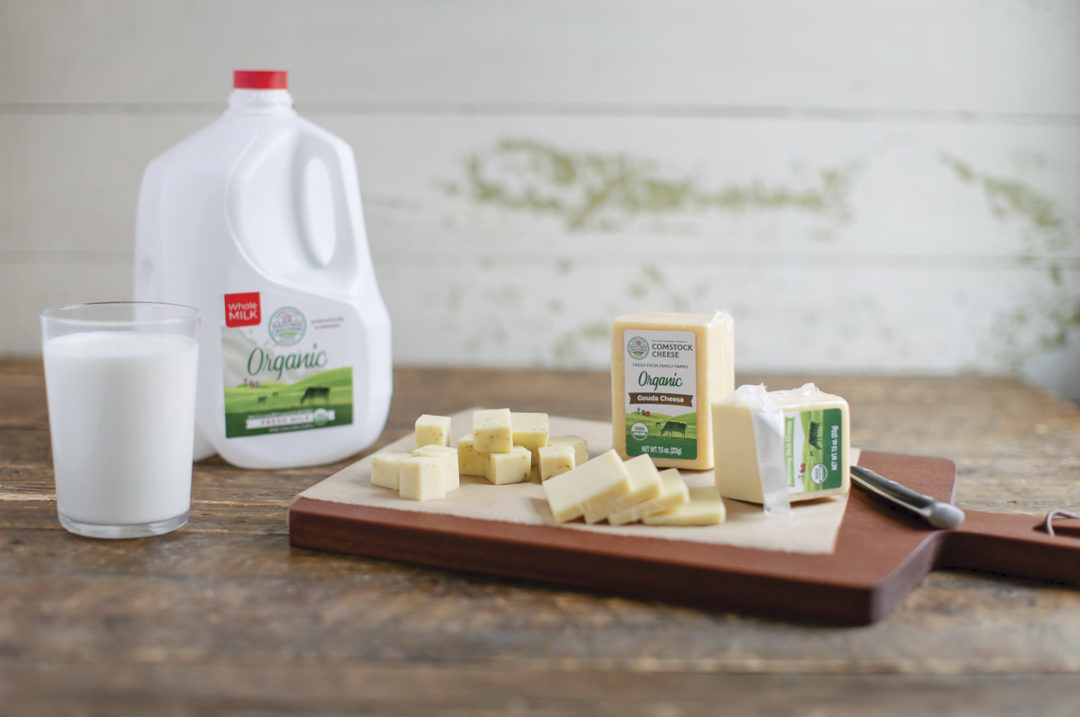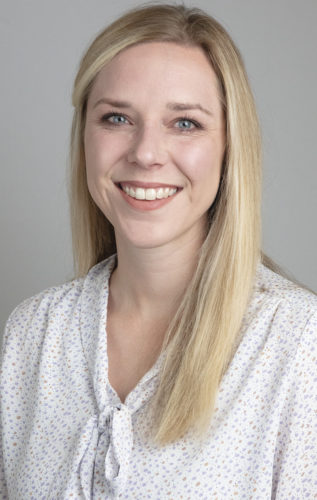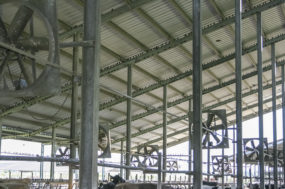Justin Malone has taken marketing his farm’s milk into his own hands.
After nearly 20 years being a member of a nationwide organic cooperative and selling his milk on store shelves across the country, Malone became an owner and general manager of a local creamery in southern Minnesota. He has since pursued the acquisition of a creamery in Wisconsin to also process milk for organic cheese.
“Every dairy farmer is doing their best to get high-quality dairy products to the communities they serve,” Malone says. “I really believe this [business structure] will work; it just takes a lot of effort to get a business to the point of where you want to see it. That’s no different than starting a dairy farm.”
Malone and three other producers – Tim Anderson, Bryce Blickenstaff and Peter Mursu, all of Minnesota – own Hastings Creamery in Hastings, Minnesota, and Comstock Creamery in Comstock, Wisconsin. Together, the business owners move more than 7.3 million pounds of milk per month in the Upper Midwest in the form of both conventional and organic products, like fluid milk, cheese, buttermilk, heavy cream and butter.
Just as many business ventures begin, the purchases of these creameries were a part of a solution.
“The organic dairy industry has been under a lot of pressure in the last five years because it hasn’t grown its consumer base as much to keep up with production,” Malone says. “I looked at [Hastings Creamery] and thought if we could market this well, there could be a lot of upsides to it. This was our chance to not just stay the course of big business.”
In the spring of 2021, Malone and 10 other farmer-owners of the Smoky Hills Farmers Cooperative acquired Hastings Creamery.
Traditionally a conventional processing plant, the new owners installed a 30,000-gallon silo to process the organic milk supply in addition to the facility’s other two 30,000-gallon silos for conventional milk. All milk supply is high-temperature short-time pasteurized.
“A lot of organic milk is ultra-high-temperature pasteurized, and we lose a chunk of the market share because that’s not what all consumers want,” Malone says. “This was our opportunity to take our high-quality milk that we’ve worked hard to produce and manufacture products that reflect that high quality.”
The creamery continues to process up to 20 loads of conventional milk each week in addition to its organic line. And those numbers continue growing as interest in the small creamery operation attract dairy producers.
Nearly every week, Malone and his team are in conversation with producers looking to ship milk to their processing plant.
“We’re really getting to the point where we can start to see some of the fruits of our labor and handle more organic production,” Malone says. “We’ll keep growing as we have a need to do so. It seems like every day progress is being made.”
With business growth so rapid, the ownership structure has changed to accommodate the concerns of members within Smoky Hills Farmers Cooperative. At the beginning of 2023, the creamery was sold to its current owners – Anderson, Blickenstaff, Malone and Mursu – while still maintaining the original organic patrons.
This past fall, the four business owners purchased Comstock Creamery from Ellsworth Creamery, a purchase that allows for continued growth in the organic market with small-batch artisan cheeses and carries on the 125-year legacy of the cheesemaking facility.
“At the time we were approached about purchasing the Comstock facility, I had my hands full and thought 'There’s no way we can do this,'” Malone says. “Then I thought about the good people they had on the ground in Comstock, and if we could keep them, then we could do this.”
Over the course of several months, the processing plant has undergone organic certification and is now a player in the organic cheese market.

Justin Malone is a co-owner and general manager of Hastings Creamery and Comstock Creamery. Photo by Monika Hubka of Open Air Journal.
Anderson, Blickenstaff, Malone and Mursu operate the creameries as such without any cooperative structure.
“Farmers want to get paid as much as they can, and some don’t want to invest in a cooperative where they may not get dividends for years, or ever,” Malone says. “Our model is to have skin in the game; it’s a different model than what we’ve seen in the dairy world, but the other way just isn’t who we are. Us four owners are responsible for this and we want it to succeed.”
Malone and his co-owners make daily decisions for the creameries with all patrons’ best interests in mind. By processing and marketing their own dairy products, Malone and the other producers who ship to the creameries can ensure they are receiving a competitive price for their milk.
It is a commitment that is challenging but rewarding for Malone.
“When I decided to get into this, I wanted to be able to control my own destiny as far as being able to make decisions about the product I was producing on my farm,” Malone says. “It’s a lot of work to be involved with manufacturing and distributing, but we know our numbers and we can return a better price to the farm because of that. And we can still be competitive on the store shelves.”
They are also keeping a keen eye on what consumers are asking.
“The public is starting to drive more of what they want from the dairy community, more than how they influenced it a decade ago,” Malone says. “They want a fresh, quality product that they know is sustainable and local, and that matters more than being organic or not.”
The past few years have been a whirlwind for Malone and his business owners as they created more market opportunity for dairy producers in the Upper Midwest. While the long-term goals are big and audacious, Malone is taking one step at a time to ensure the vitality of these dairy farms for future generations.
“Simply, I believe in dairy farming,” Malone says. “There are a lot of big things in store for us just around the corner. We’re doing everything we can to recognize dairy farmers work hard to produce quality milk they want people to enjoy and giving farmers a fair price for what they’re doing. That’s our goal in all of this.”
More about Justin Malone can be found in the Progressive Dairy Podcast season 5, episode 4 that aired Feb. 14, 2023.





